TEHRAN, Feb 11: Iran reiterated on Wednesday its desire for talks with the new administration of US President Barack Obama as both sides show tentative signs of shifting policy after three decades of severed ties.
“In order to prevent any pre-judgment, we think Mr Obama should be given this opportunity. We don’t want Mr Obama to miss this opportunity,” foreign ministry spokesman Hassan Ghashghavi told reporters.
Ghashghavi, however, insisted that any dialogue must be based on conditions of “mutual respect and fair play.” Hardline President Mahmoud Ahmadinejad said on Tuesday that Tehran was prepared to talk to Washington if there was mutual respect and equality between the arch foes, which have had no diplomatic relations for almost 30 years.
Ahmadinejad made his remarks in a speech marking the 30th anniversary of the Islamic revolution, a day after Obama said his administration would be ready to talk to Iran “face-to-face” in the coming months.
Relations between Iran and the United States are tense over Iran’s controversial nuclear drive which the West believes is a cover for a secret atomic weapons programme. Tehran denies the charge. Ghasghavi stressed that Washington had to show “serious and fundamental changes in its policies” if the talks were to be fruitful.
“We have never clenched our fists. Bush had clenched them,” he said.
He was referring to Obama’s remarks last month in an interview with pan-Arab Al-Arabiya television that “if countries like Iran are willing to unclench their fists, they will find an extended hand from us.” Obama’s offer was a clear shift from the policy of Bush who had refused to talk to Iran unless it halted uranium enrichment, the process which makes fuel for nuclear power plants but can also be used for the core of an atomic bomb.
On Tuesday, US Secretary of State Hillary Clinton said she hoped “the two countries would develop a better understanding of one another” but “we still persist in our view that Iran should not obtain a nuclear weapon.” Iran-US ties were severed in the wake of the 1979 Islamic revolution when Islamist students held American diplomats in Tehran hostage for 444 days.
Since then the relations have been turbulent, with Bush once describing Iran as part of an “axis of evil” while Iranian leaders often refer to Washington as the “Great Satan.” Ties further deteriorated under Ahmadinejad over Iran’s defiance on the nuclear standoff and his verbal attacks against Washington’s close ally Israel.
On Wednesday, Ghashghavi also dismissed reports that Iran was buying raw uranimum.
“These are not hidden matters,” he said, describing the reports as “just speculation”.
“We saw these reports and they do not have any scientific basis and official sources like the agency (International Atomic Energy Agency) have not said anything about it either.”—AFP


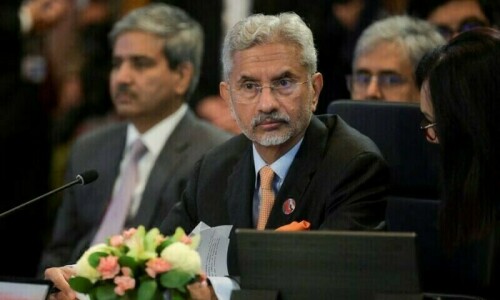















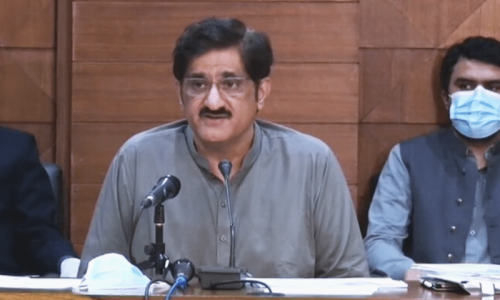






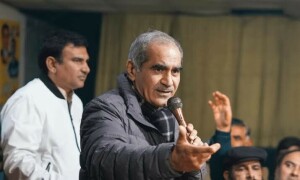
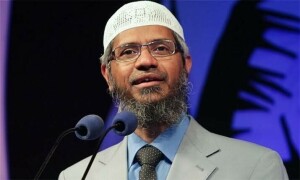














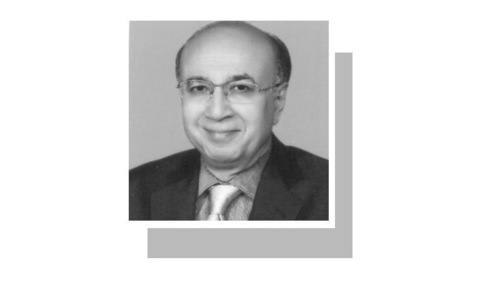
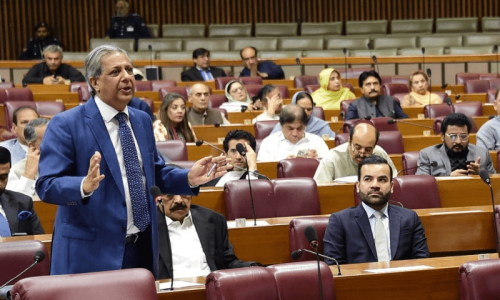


Dear visitor, the comments section is undergoing an overhaul and will return soon.